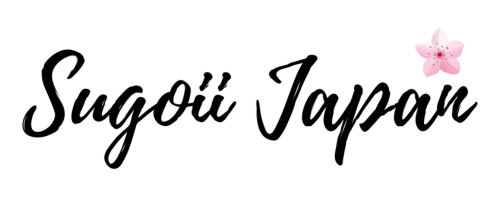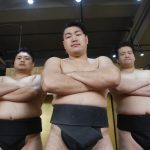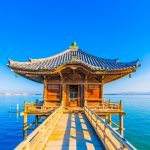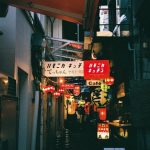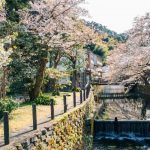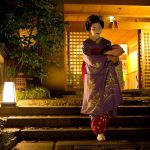Japan is a country of contrasts. It’s one of the most densely populated countries in the world, but it also boasts some of the largest expanses of uninhabited land. The culture is steeped with tradition, but Japanese society has changed rapidly over the last few decades. It’s also one of the most technologically advanced countries in the world with innovations such as bullet trains, robots and talking toilets. But what do you really know about this fascinating country?
We’re going to take a look at 10 things that (might) shock foreigners in Japan.
1. Cleanness

Japan has a solid strategy to keep its country clean. It starts in elementary school, where students must spend time cleaning up the classroom before and after class every day! Tidying-up habit development is continued into high school until graduation, and this might be why Japanese don’t tend to litter as much as other nations. You will notice that Japan’s streets are pretty immaculate.
2. Vending Machines

For anyone living a busy lifestyle, vending machines are a necessary form of convenience. You can get almost anything you want from these handy (not so) little devices in Japan: everything from soft drinks and coffee to cigarettes, gloves, or even cold soup!
You can also read this blog post about 10 surprising facts about Japanese Vending Machines.
3. Slurping Noodles

The etiquette of noodles varies from culture to culture: in Japan, it is considered polite and respectful to slurp your noodles loudly. In fact, this noise implies that you enjoy the food so much that you cannot contain yourself!
If you visit Japan, don’t miss these 10 Ramen restaurants in Tokyo!
You can get more info about Japanese noodles in this article: Ramen vs Udon vs Soba.
4. NO tipping

The Japanese are well-known for their excellent customer service. However, a tip from a visitor in the eyes of others and the waiter himself means that he has served you so poorly that he will be fired soon, and you are giving the money for the time until he finds a new job.
Put the bills over what is necessary – and a waiter will return the change to a penny even if they have to run out into the street for a customer who has already left for the sake of this.
5. Japanese people can sleep anywhere, any time

Taking a nap at work is not prohibited and is even welcome. This means that a person devotes so much time and effort to work that he does not have enough time to sleep. You can come to any government office or building and see an employee who is fast asleep on the floor, leaning his head against a table. It is common in many Asian countries, including Japan, for people to take naps during lunch breaks.
6. The trains actually come on time

Japan has an impeccable record of punctuality as the most reliable and efficient transport network in the world. Currently, Japan’s rail system is leading by a significant margin with its flawless execution on time over any other countries. Find out more about high speed Japanese trains here: shinkansentrains.com
7. Everyone eats KFC for Christmas dinner
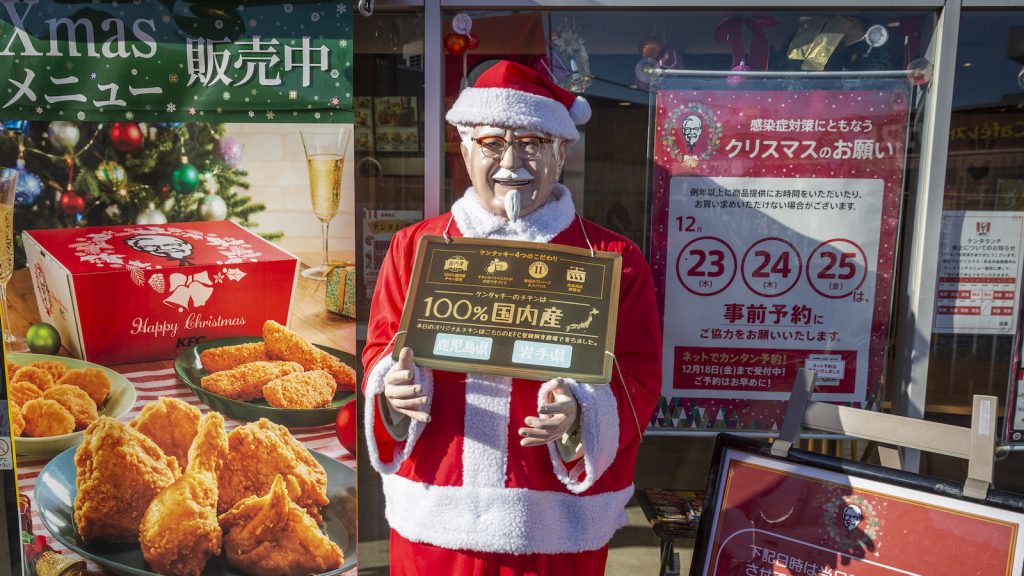
According to KFC, in 1974, one of the customers of their restaurant in Japan, after trying chicken, exclaimed: “This is the best thing to eat in a country where turkey is not served for Christmas dinner!”.
The marketing department clung to this phrase, and soon the streets of Japanese cities were decorated with KFC ads accompanied by the slogan “Kurisumasu ni wa kentakkii!” (“Kentucky for Christmas!”). The Japanese reacted to the idea with enthusiasm, and gradually the association “Christmas-KFC” was fixed in the mass Japanese consciousness.
Read More: Things To Do During Christmas in Japan >>
8. Diagonal crossings

In Japan, diagonal pedestrian crossings are common, and many have been installed. One of the most famous is probably Shibuya crossing (picture above). The first diagonal crossing was established in 1969 by Kumamoto City and they are now spread throughout Japan with more than 300 diagonal crossings so far.
9. Avoiding number 4
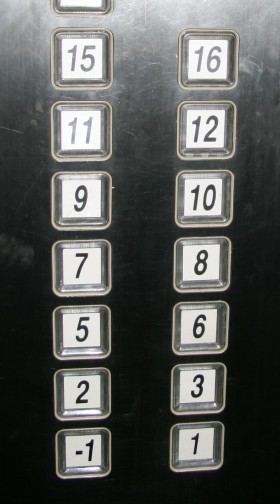
The Japanese have a superstition about the number 4. They believe that it is unlucky and avoid using it in every way possible. It’s not unusual to find no 4th floor in a hotel for example. The third floor is then followed by the 5th. Four seems to be avoided at all costs because its pronunciation sounds similar to “death”.
10. Moomin Café for lonely hearts

The waiters of the Moomin Café network are especially nice to customers who come to eat without company. If you come alone, you will be asked if it’s possible to put someone else at your table to brighten up the day and avoid loneliness during the meal. If you answer positively, the waiter will put one of the Moomin dolls next to you.
—
Japan is one of the most popular destinations for travelers from all over the world. It’s a country with an ancient history, modern culture, and beautiful cities. But there are some things that may shock foreigners when they visit. If you’re looking for something different, then Japan might be what you need.
Japanese culture is fascinating and intriguing, but it’s also one of the most expensive countries in the world. So while there are plenty of things to do during your stay here, keep an eye on your bank account too!
You can also read these articles about Japan Etiquette and Ryokan Etiquette.
